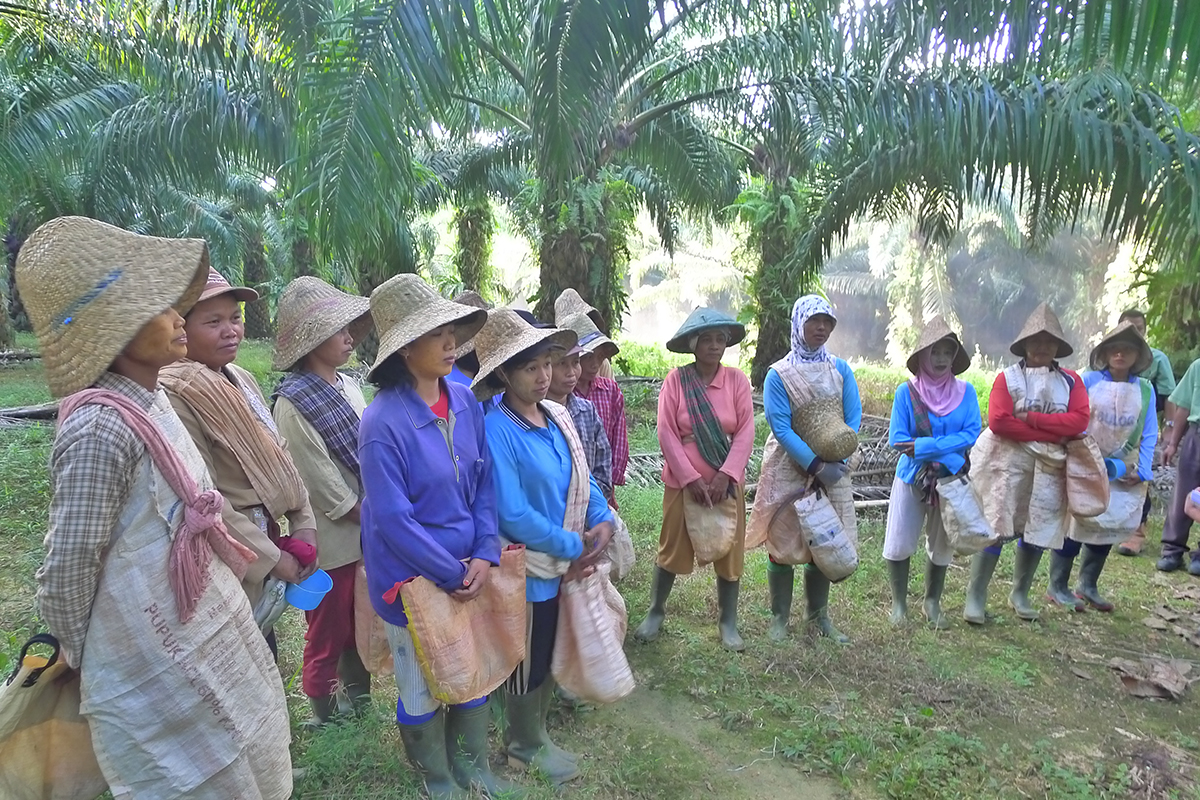
Resource
Rainfall and Crop Modeling to Improve Rice Farmers’ Yields in Indonesia (2011-2012)
In Indonesia, agriculture — particularly the food-crops sector — is extremely susceptible to climate variability and change. Rice is a staple crop and is produced mainly through smallholder farmers, whose livelihoods are highly vulnerable to the effects of climate change.
To improve resilience to climate shocks and ensure sustainable crop yields, the John D. Rockefeller 3RD Scholars Program of Winrock International commissioned a multi-disciplinary team to develop a rainfall model that would provide extension agents and farmers with detailed information on rice planting times and yields. The team consisted of researchers from the Institute of Technology in Bandung, the Indonesian Agency for Agricultural Research and Development; and the Indonesian Center for Agriculture Socioeconomic Policy Studies. Their research focused on the Indramayu district in West Java, where farmers depend highly on rainfall because of little to no irrigation in the area among smallholders.
The team produced three final reports on the different modules of their research: climate and rainfall modeling, crop modeling, and social research (people’s behaviors and actions related to climate change). The team also produced a policy brief which summarizes the findings and recommendations for decision makers.
Major findings include:
- The capacity of smallholder farmers to adapt to climate change is limited, although the potential cost is high if the timing and amount of rainfall is unexpected, which is becoming more common.
- Farmers need accurate information on rainfall and climate change to best select crops, plan their growing season, cultivate optimally, and select available commodities. Also, they require timely inputs such as tractors, planting labor, and access to capital.
- Most men work as farmers part-time and travel to work as laborers, so women make many important farm decisions. Therefore, messaging and extension services should target, and be tailored to, women.
- The crop model, which uses water availability as a variable in determining rice yields, can be used to evaluate rice, and other seasonal crop yields, under various climate scenarios, and to develop crop diversification strategies.
- The rainfall prediction, using a 10-day scale, was designed to help farmers plan planting times and reduce crop failure. Prior to widespread adoption of this model, additional research, field testing and verification are required.
The team presented the findings at a water and climate change seminar, hosted by the Indonesian Ministry of Agriculture and Winrock in Bogor in August 2013. The team presented rainfall-prediction and cropping models, in hopes that they will soon be used to advise rice farmers on seed selection and planting times. The ministry expressed interest in receiving recommendations on how to improve agricultural extension services and transmission of important information — including climate information — to farmers.
